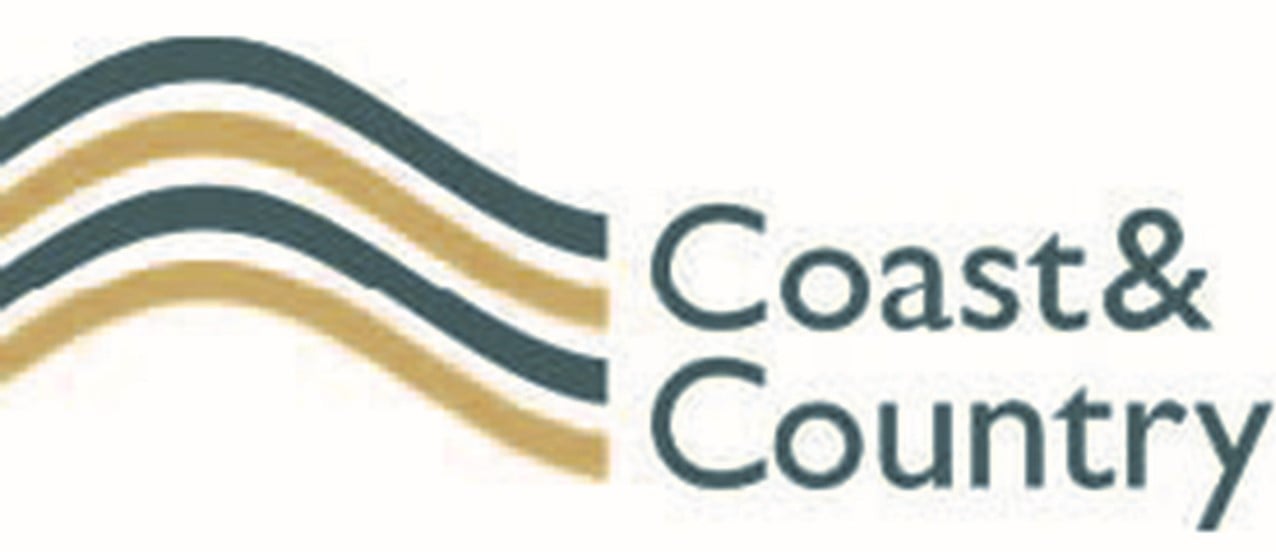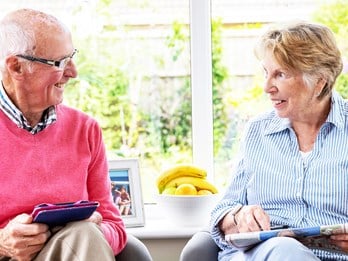This pilot has created positive improvements and outcomes for a range of South Tees NHS services, and most importantly, care home residents. Their daily experience has been enhanced through the reassurance and attentiveness telecare has provided. In addition to resident experience, the savings to the public purse have been incredible.
Paula Briggs, Project Manager – South Tees Better Care Fund
The Challenge
Falls-related injuries particularly affect the frail elderly, with 30% of people aged 65 and older, and 50% of people aged 80 and older falling at least once a year. The human cost of falling is an impact on the quality of life including; distress, pain, injury, loss of confidence and loss of independence. Falls are estimated to cost the NHS nationally more than £2.3 billion per year. Applied as a percentage of national expenditure, this is circa £115 million each year for the North East.¹
Teesside based housing provider Coast & Country has built relationships spanning a wide range of health and wellbeing stakeholders in an attempt to mitigate the impact falls are having on both the NHS and residential care homes. How has it used its HomeCall Independent Living Service to align the use of technology to the commissioning intentions of the regional CCG?
What We Did
Coast & Country Housing’s HomeCall Independent Living Service supports over 5,000 people, helping them to live independently at home with the support of a range of services including telecare. Many of the calls received at its monitoring centre are related to service users falling, and its response team have specialist training and equipment to enable them to help people who have fallen, avoiding unnecessary ambulance call outs. In 2014/15, HomeCall responded to more than 1,500 calls as a result of falls in the Teesside area; in 84% of cases the responders could treat the service user without the need for an ambulance.
The success of the service led the HomeCall team to discuss with the North East Ambulance Service (NEAS) ways they could develop a more appropriate response to non-urgent falls in the North East. It was identified that care homes in the region were a significant user of the ambulance service, and many of these calls were unnecessary and may have been made to mitigate risk. HomeCall and the South Tees NHS Falls Team approached the South Tees Better Care Fund representative to discuss funding for a project aimed at introducing telecare and revised protocols into care homes to reduce ambulance call outs and hospital admissions.
Aims
With the support of Local Authority contract management within care homes, especially around post fall management, this six month pilot aimed to:
- Aid towards the prevention of falls within residential care homes across South Tees
- Educate care home staff to manage falls more appropriately within residential care homes across South Tees
- Reduce North East Ambulance Service call outs to respond to falls within residential care homes across South Tees and conversion of calls to hospital admissions
- Evidence a reduction in the number of hospital admissions as a result of improved education around falls and management of falls within residential care homes across South Tees
- Utilise telecare equipment in the prevention of, and reaction to, falls in a residential care home
- Improve the patient experience
Using performance information of residential care homes within Middlesbrough and Redcar and Cleveland, the project team identified the top eight priority residential care homes (four per borough) based on hospital admissions and cost of hospital admissions, and the number of call requests to North East Ambulance Service from the care home.



